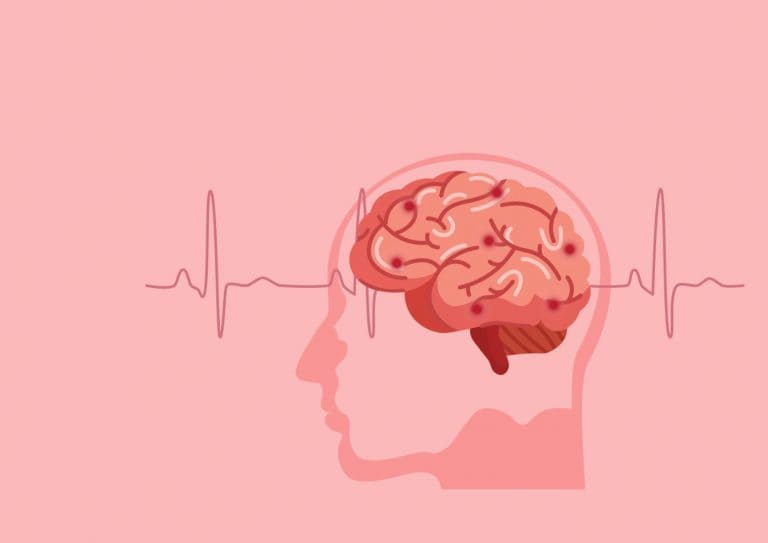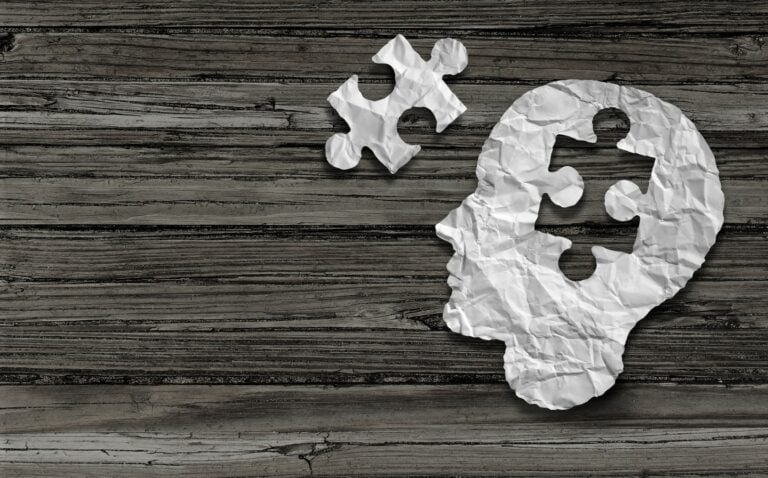What happens when your brain is injured?
Following a brain injury, the cells become damaged and unlike many other cells in the body, the cells in the brain don’t regenerate.
However, the brain has a remarkable ability to adapt and re-organise itself, and as a result some, if not all, lost function can be restored.
With specialist rehabilitation, recovering from a brain injury can be possible. The brain can start to regain lost function by guiding other sections and parts of the brain to take over the skills and abilities of the damaged sections.
It is therefore vital, following a brain injury, that the injured person receives early, appropriate rehabilitation. This should aim to help the brain learn alternative pathways in order to assist with the brain injury recovery process.
The purpose of specialist rehabilitation is to help minimise the long-term effects of the brain injury and also provide the injured person and their family with coping strategies.
In the first few weeks following a brain injury it is not unusual for swelling, bleeding, or other damage to affect the function of the brain.
As swelling decreases, blood flow improves and overall damage to the brain starts to recover, the functioning of the brain usually improves.
It is generally not possible in the first few months to determine the typical brain injury recovery time or the likely outcome, as these will vary based on the individual and their circumstances. Particularly in moderate to severe brain injury cases, the brain injury recovery process can often take many months or even years.
It is not uncommon for a person to suffer loss of consciousness following a brain injury, and not respond to visual stimulation or sounds, or be able to communicate or show emotional responses.
This can last from a few minutes or hours to weeks, or even months, in severe cases. The term ‘coma’ is often used to describe longer periods of unconsciousness. Recovery from coma is a gradual process.
Coma following a brain injury
The Glasgow Coma Scale (GCS) is a common scoring system which is used to rate the level of severity of coma in an injured person following a brain injury. It assesses the following three functions of the injured person:
Motor response
6 Obeying commands
5 Movement localised to stimulus
4 Withdraws
3 Abnormal muscle bending and flexing
2 Involuntary muscle straightening and extending
1 None
Verbal responses
5 Orientated response
4 Confused conversation
3 Inappropriate words
2 Incomprehensible sounds
1 None
Eye opening
4 Spontaneous
3 To speech
2 To pain
1 None
The total score is calculated by adding up the scores from these three categories, and ranges from a minimum of 3 to a maximum of 15.
The lower the GCS score indicates a more severe loss of consciousness.
Therefore a score of 15, which is the highest possible score, means that the injured person is likely to know where and who they are, can speak and move as instructed, and their eyes will be open.
Whereas, at the other end of the scale, a score of three, which is the lowest possible score, means that the injured person cannot open their eyes, make any sound, or move.
Depending on the score, the brain injury is classified as follows:
- minor– a score of 13 or higher
- moderate– a score of 9 – 12
- severe– a score of 8 or lower
Brain injuries and coming out of a coma
As an injured person regains consciousness, this period is known as ‘post-traumatic amnesia’ (PTA).
During this time a variety of neurologically based symptoms may occur and the person’s behaviour may be restless, irritable, disinhibited and aggressive. The person will also feel a sense of confusion and disorientation.
The length of coma and PTA is important as it is one of the most accurate predictors of the severity of long-term symptoms.
Usually, the longer the period, the greater the likelihood of damage and residual symptoms.
The most severe brain injuries
A small percentage of people who suffer the most severe forms of brain injuries may have no awareness of themselves or their surroundings.
In these cases, although the injured person may emerge from coma they may have no consciousness. This is known as being in a ‘vegetative state’.
If this condition persists for a number of weeks it is classified as a ‘persistent vegetative state’ and depending on the type of brain injury anything longer than six to twelve months is classified as being in a ‘permanent vegetative state’.
However, in many situations, where the injured person does regain consciousness, it can take between six to twelve months following the injury, depending on the severity, to gain an understanding as to the impact and consequences of the brain damage.
Usually, it takes up to twelve months or so to gain a reasonable indication of the person’s physical recovery. The cognitive and emotional recovery, however, can take considerably longer and it’s usually these problems that cause longer-term difficulties, both for the individual and their loved ones. In these cases, brain injury recovery can be traumatic, but there are resources to help.
Usually, the most noticeable improvements when recovering from a brain injury take place within the first six months following the injury. However, many people continue to make improvement for about two years after the injury, and some even continue to improve for a number of years after their injury.















